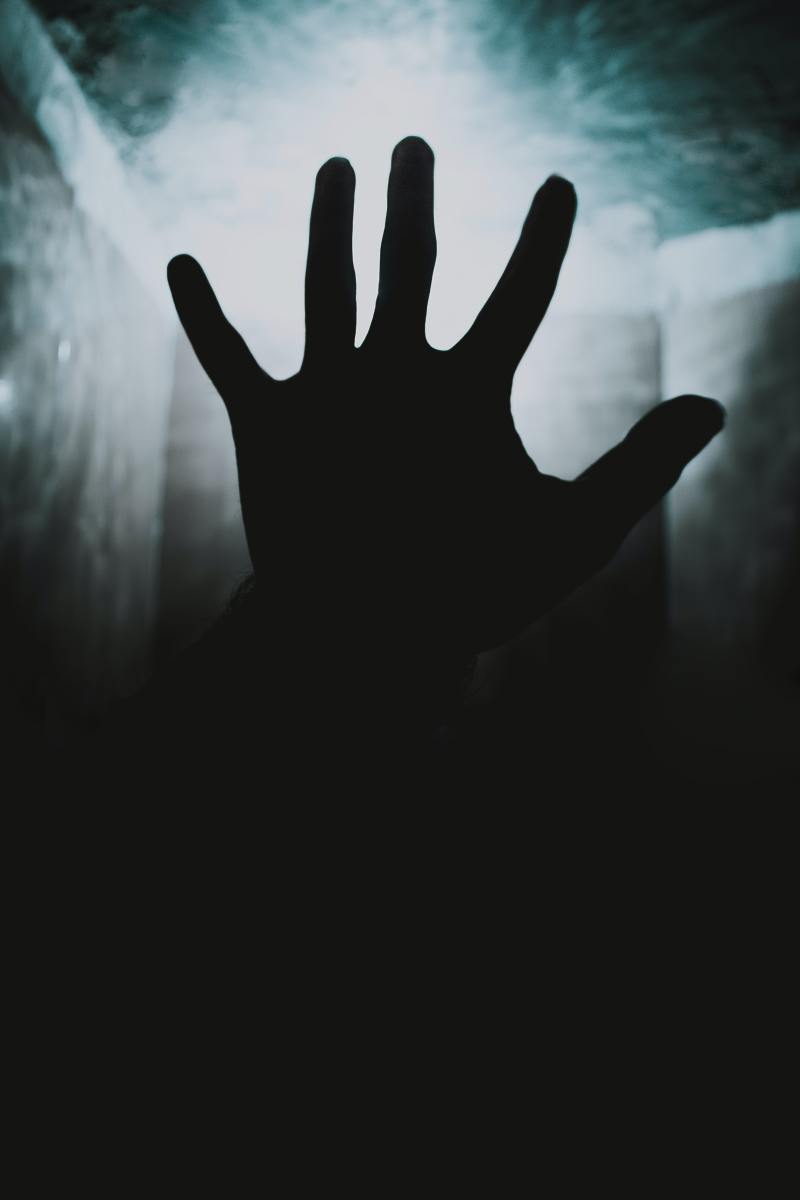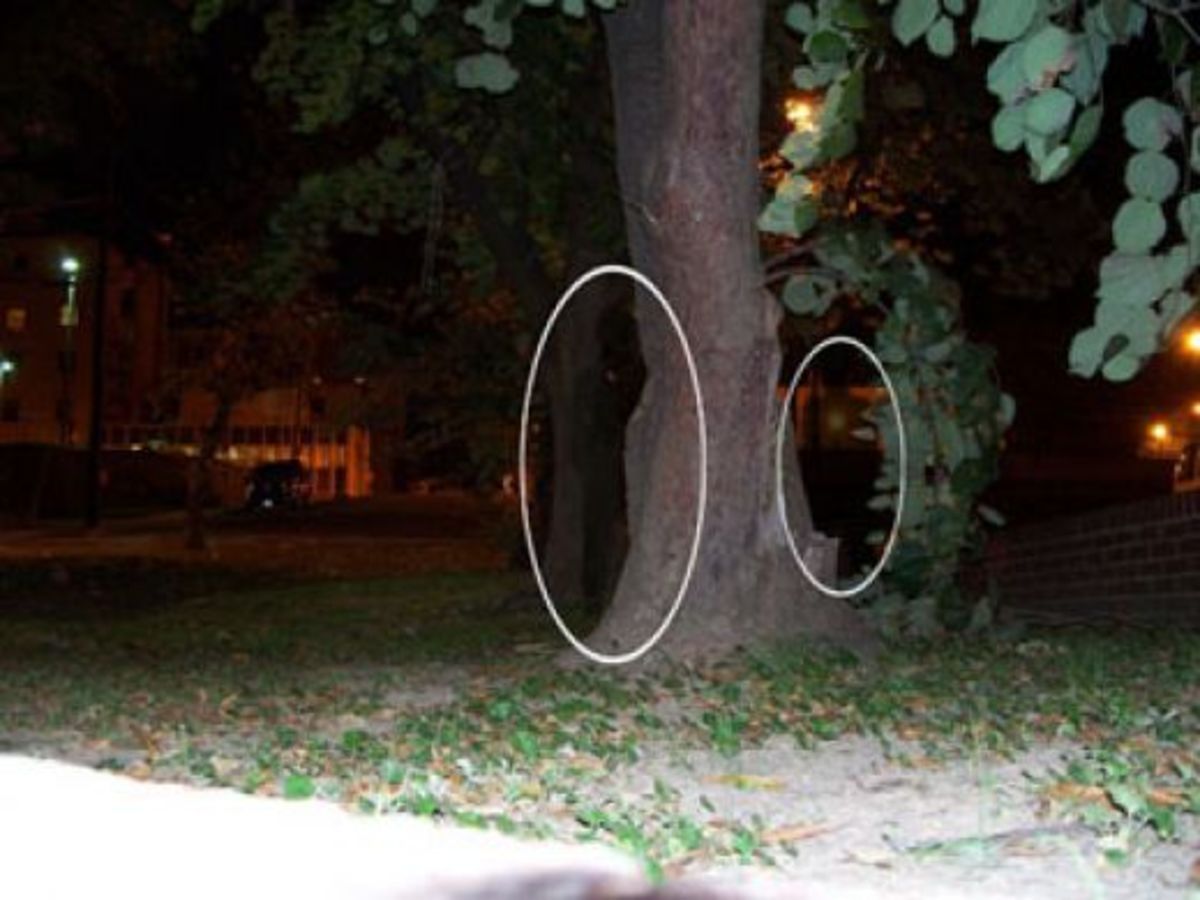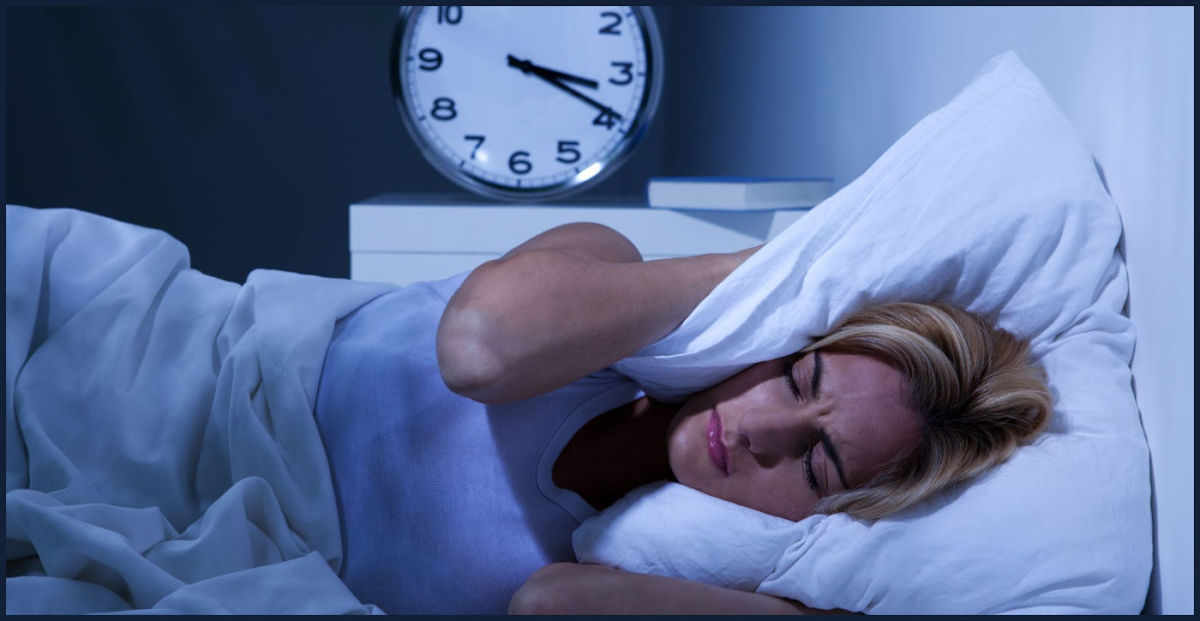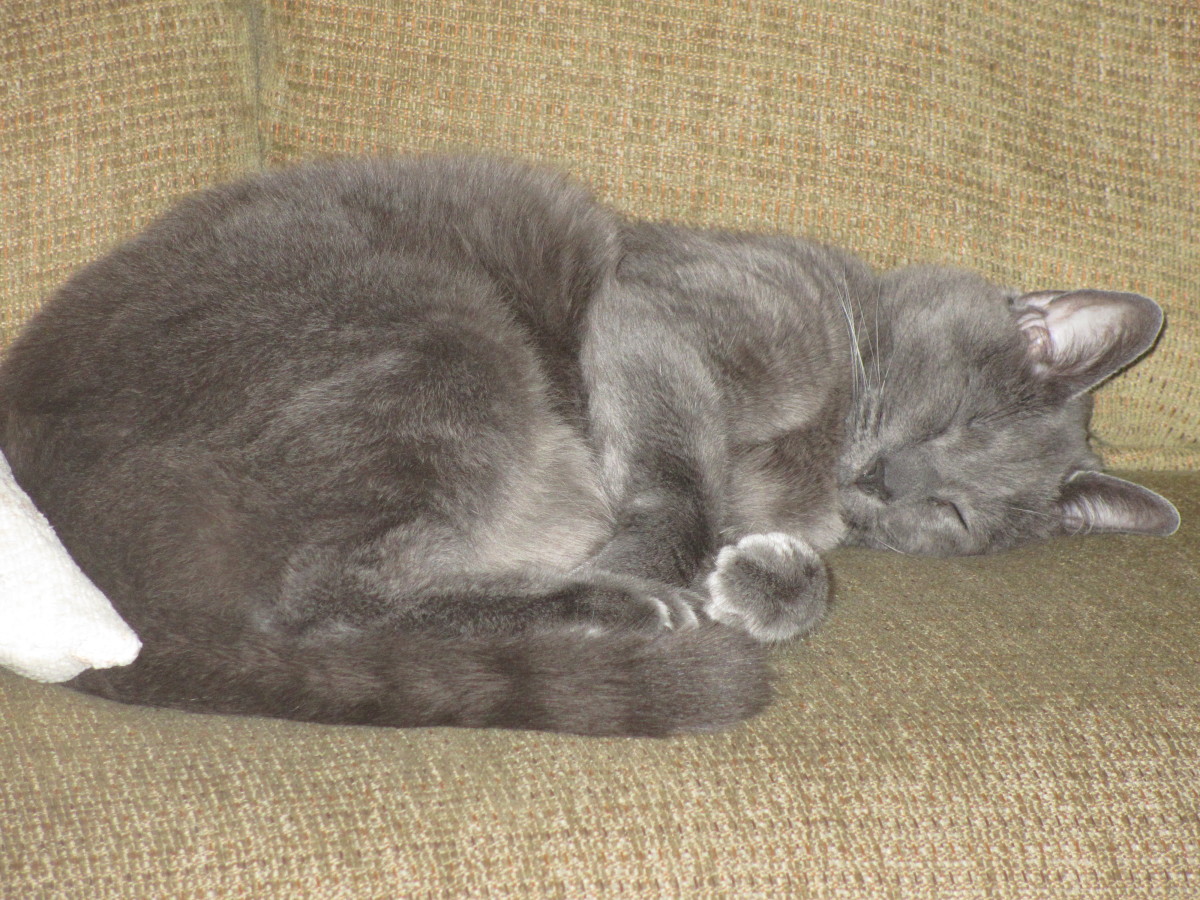What is our brain doing while we sleep: Have you ever wondered what your Brain is doing while you sleep
Human brain female side view
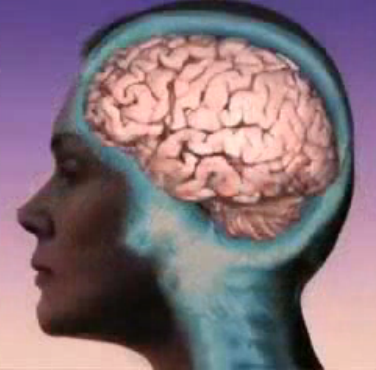
Something about the brain
Our brain is the powerhouse of our civilization it differentiates us from other primates making us intelligent and conscious of our existence. The brain carries out many functions such as thinking, memory and solving difficult problems but what happens when we are at sleep.
We know that we dream but are there other things happening during our slumber that should be of interest? Sleep is very important to human development revitalization and general function and we spend two thirds of our entire years sleeping.
How the brain works
The brain has many important function which include sending signals that instructs movement, examines sensations like taste and smell or sight. It plays a key part in memory, reasoning, learning, dreams and languages. The brain passes-on information and commands through the central nervous system and can also regulate our body temperature.
During sleep the brain doesn’t work optimally but works at a reduced pace but still carries out very important functions. Different sections of the brain carry out specific jobs like emotion, sensation, anger, fear courage and even nightmares.
Effect of sleep deprivation
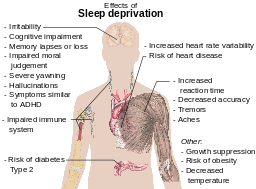
Old hairdresser sleeping at work

Sleep deprivation
We all know the feeling when we haven’t had much sleep, the drowsiness, poor coordination temporary loss of memory and irritation. Tiredness and fatigue are the derivatives of sleep deprivation which could be acute, chronic or mild depending on the severity.
A physical and mental sign of this condition are confusion, hallucinations head aches, stress, increased blood pressure and the illnesses that come with it. The brain finds it difficult to carry out its natural function when one is deprived of sleep which can lead to all kinds of complication such as aching muscles, and tremors.
Other things linked to sleep depravation is rings under the eyes, puffiness, risk of diabetes, psychosis, simple mental tasks become very difficult because of lack of concentration.
Sleep and brain function in kids
Sleep and brain function
Sleep is not as simple as we think during sleep we go through five stages of sleep from light to very deep sleep. Stage one sleep has a periphery feel and the person easily wakes if called or touched while the second stage is deeper than the first and the brain waves easily fluctuate.
While the third and fort stages are deep sleep and you might as well be dead to the world. The disorientation characterized by suddenly waking up from stages three and four because the brain wave function has become very slow and might need seconds to boot.
REM sleep is interesting because of the physical signs during this fifth stage characterized by rapid eye movement, shallow and irregular breathing and almost paralysis of the joints and muscles. REM sleep comes in cycles and hardly lasts more than eighty minutes (80min.)
REM cycles are important during sleep and any disruption leads to the cycle starting up all over again while sleep amnesia occurs only during the first and second stages of sleep. The brain is very active when we sleep helping us regulate our body temperature sometimes not very successfully in certain temperatures.
Even dogs dream

What is your brain doing while you sleep
Your brain continues carrying out its natural function such as
1 Regulate breathing
2 Regulate body temperature
3 Causes dreams
4 Solves complex problems
5 Increases learning
6 Helps in learning a new language
7 Enhances memory
8 Organizes thought and reduces the possibility of certain illness.
9 Causes nightmares
10 And releases anxiety
Dreams and brain function
Age accounts for how much light sleep we tend to take especially during the day while young people between five and eighteen can sleep longer and deeper than people in their fifties. We all dream which are usually weird meaningless and sometimes interesting. I on two separate occasions dream t an entire movie I made up, characters, dialogue and even music score singing the tune when I woke up.
Sometimes dreams are a catalog of what you have seen that day or something you were thinking about before you slept. Most dreams happen during REM sleep when signals are transmitted by the thalamus region of the brain to the cerebral cortex.
While you sleep and dream the cortex interprets this thoughts into seemingly logical permutations so they can be understood.
The Brain performs this functions while we sleep
Brain regulates
| Brain Enables
| Arranges
|
|---|---|---|
Breathing
| Learning
| Organizes memory
|
Body temperature
| Language
| Rediscovers forgotten talent
|
Heart rate
| Complex puzzles
| learn new skills
|
Sleep learning
Brain function while we sleep
view quiz statisticsLearning why you sleep
The brain solves very difficult problems, complicated calculations when we sleep, it also aids learning by interpreting tough solutions. Learning academic work after sleep might become easier after a good nights sleep this is because the brain analysis the difficult parts and solves the problem while we sleep.
The cerebral cortex helps us organize the information we receive into easy logical conclusions, so next time you struggle with an answer why not take a good night sleep you might wake up knowing the answers. The brain solves difficult problems while we sleep, reduces complicated tasks and makes them simple.
Brian function, sleep and memory
The brain has the difficult task of sorting out what is important useful and what should be forgotten, it works like a flash drive with limited storage space. During sleep the brain determines which memory it wants to keep, recall or discard according to your priorities and it also recovers lost knowledge.
The brain recovers lost knowledge when you are faced with the task that involves that knowledge; it recovers specialized skill you’ve learnt rather quickly. During sleep your memory gets enhanced, organized, categorized and consolidated during this important process.
Nightmares

Nightmares and the brain
Nightmares simply put are frightful dreams that frighten us despite having no bases in reality, they are disturbing vivid and might mirror inner fear. When we are in REM sleep we sometimes dream and the dream might suddenly become nightmarish and frightening.
Everyone might have experienced nightmares but the question is why and how do they occur? Must dreams are only a summation of what you have witnessed or horror movies you watched late at night. Dreams generally are meaningless but the cause isn’t, there are certain factors that might contribute to having nightmares.
We have established that when we sleep the mind is still at work organizing memory, learning and even language, anxiety caused by a bad debt and unpaid bills can cause nightmares. The realization of our mortality, sickness, worry and poor diet might trigger nightmares because the brain is still calculating while we sleep.
Increased metabolisms, certain medication, hard drugs which can also cause hallucinations and sleep deprivation are all viable reasons nightmare occurs. There is no age limit to having nightmares both the young and old are susceptible to the condition
A healthy baby

Dreams can be beautiful

Disease, sleep and the brain
The brain is part of the nervous system and anything that affects the system affects the brain, poor sleeping habit can affect coordination and could cause neurological problems like stroke and seizures. Lack of proper sleep might have an adverse effect on neurological issues such as pain management, congenital problems, brain fatigue and cerebral- vascular issues.
Other general problems that might occur from poor sleeping habit are reduced mental function, learning disability, disorientation and behavioral changes developing a disease because of sleep deprivation and not allowing the brain to carry out its natural function is a real possibility.
So what is our brain doing when we sleep?
When we sleep our brain is still active doing what it does best organizing and processing thought, sensation and bodily functions. The adage things look better in the morning is so true especially when juxtaposed between the importance of sleep and the brains natural efficiency.
Brain and sleep
- While You Sleep, Your Brain Keeps Working | World of Psychology
You think when you go to sleep, you just, well, sleep? Sleep, as it turns out, is far more complicated than we thought. And the brain not only doesn't turn - What is Sleep and How Do We Dream?
Sleep and dream research have been the subject of serious study for several decades. What is Sleep and How Do We Dream reviews the basic physiological mechanisms of sleep and the intertwined psychological consequences before easing into a broader dis



